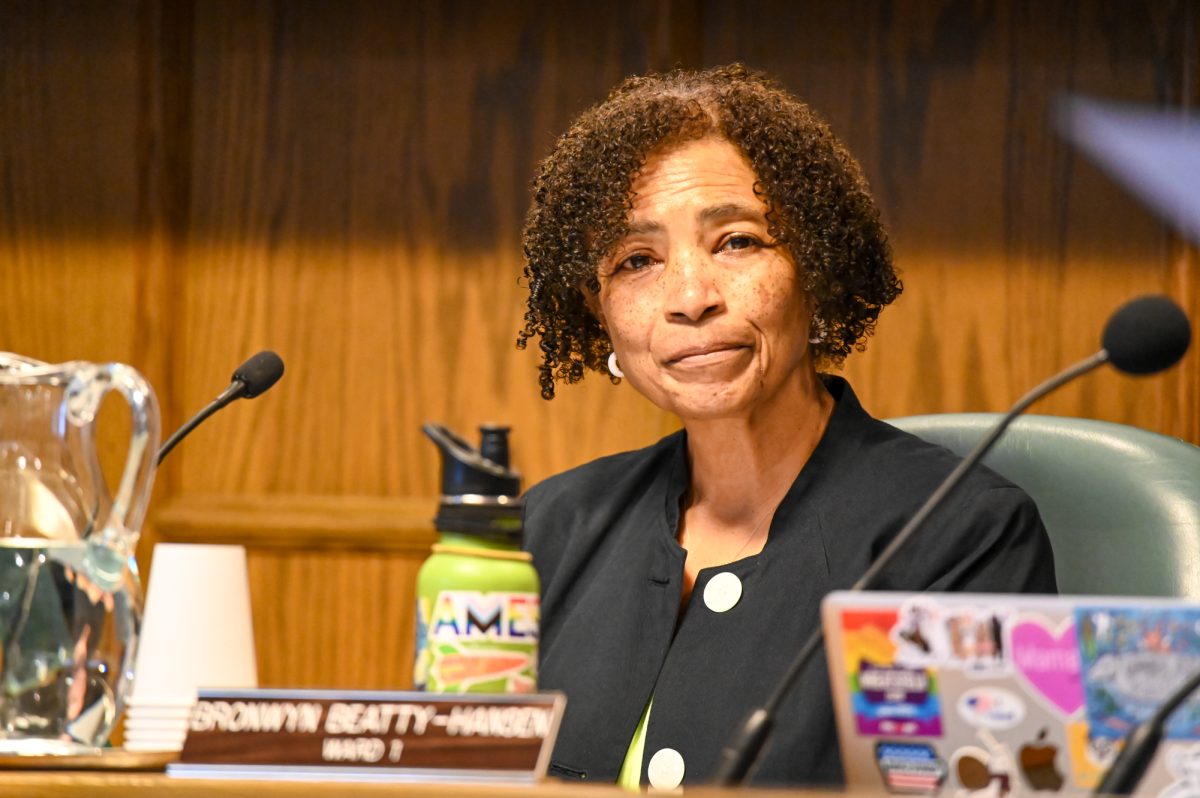EDITORIAL: Cost of new AIDS drug abhorrent
April 7, 2003
Colin Powell has called it the single greatest threat to national security. The National Security Defense Council said that 75 percent of the council’s annual report is not worth reading unless this issue is addressed. Terrorism? No, AIDS.
An insidious disease that has decimated societies from America to Asia, AIDS is primarily found in young to middle-age adults, those in the prime productive years of their lives. Without these key people, social institutions such as education and community leadership fall to pieces, to speak nothing of the unbearable loss of human life. Several countries, including Brazil, have revamped social norms to create national awareness and prevention of AIDS, but the infection rate is still climbing worldwide, especially among women.
Worldwide celebration, then, ought to greet a new drug that prevents HIV from entering healthy human immune cells. Maybe it could help the people of Zimbabwe, where one-third of the adults are either dead, dying or sick from AIDS/HIV.
But Fuzeon, the new AIDS drug created by Swiss pharmaceutical giant Roche, isn’t even being marketed in Africa. It was just approved by the FDA for the United States, and will cost about $20,000 a year per person. According to the BBC, Roche officials said they do not expect Fuzeon to be suitable for use in Africa, given the high cost and complexity of production.
High cost? Complexity of production? Roche stands to turn a profit on Fuzeon in three years. The industry average is 16 years, and a drug is considered a “blockbuster” if costs can be recouped in five to ten years.
This is not the first time, however, that Roche and other pharmaceutical companies have placed profit over people. Brazil, which has the highest number of AIDS cases in Latin America, recently embarked on a much-lauded campaign to combat HIV/AIDS. To make treatment accessible to more people, Brazil asked Roche to lower the cost of its AIDS medication. If Roche refused, the Brazilian government said it would be forced to violate the patent and create the drug at a state laboratory for a cheaper price.
Brazil, by the way, would have been in clear legal water had it done so. Article 31 of the Agreement on Trade-Related Aspects of Intellectual Property Rights, which 180 countries have signed, allows for the use of a patent without proper authorization during medical emergencies. President Bush broke the patent for Cipro, the anthrax medication, during the recent anthrax scare. Five people died. Eighty-two hundred people die of AIDS every day.
After a long debate, Roche finally acquiesced, reducing the price of Nelfinavir, a protease inhibitor, by 40 percent. They haven’t gone bankrupt — Roche brought in $8.6 billion in 2000, while spending $2.5 billion on research and development. The money is nice, but to knowingly restrict access to life-prolonging drugs is morally reprehensible.
Editorial Board: Cavan Reagan, Amber Billings, Ayrel Clark, Charlie Weaver, Katie List






